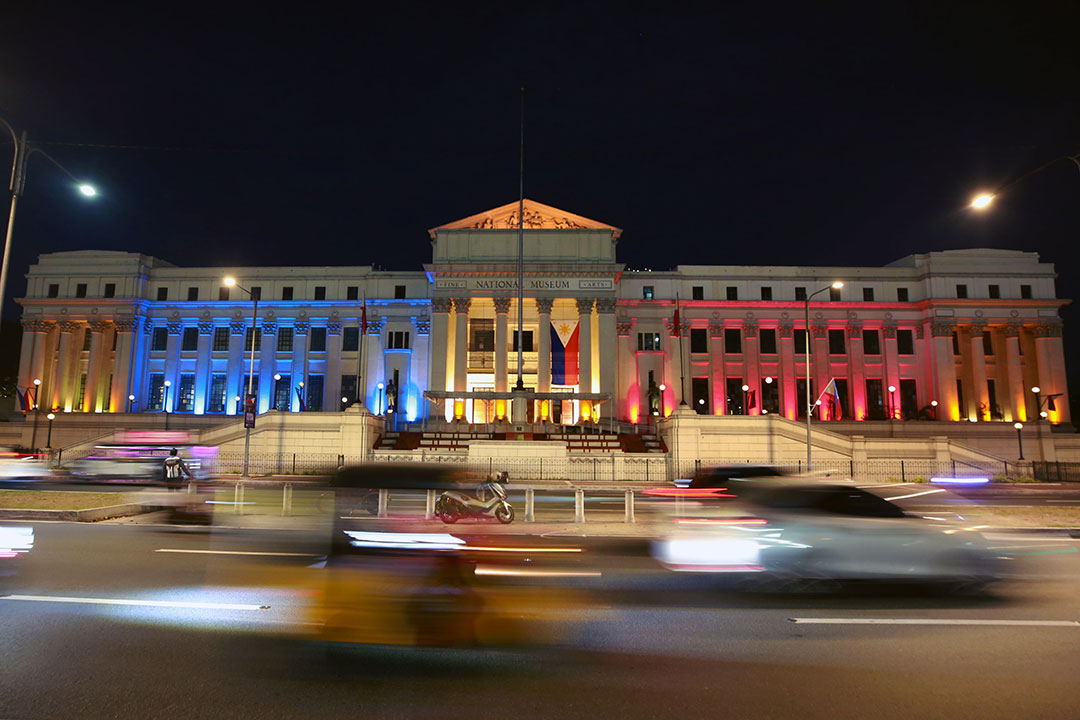‘Most exciting chapter’ for PHL yet to come — WEF

By Beatriz Marie D. Cruz, Reporter
THE Philippines could become one of the drivers of global growth in the future, if the government continues to ease foreign ownership restrictions and ramp up partnerships with the private sector, according to a World Economic Forum (WEF) executive.
“We feel that the most exciting chapter of the country is yet to come. So, we remain very hopeful that there would be ongoing collaboration with both the government and private sector going forward,” Joo-ok Lee, head of the Regional Agenda, Asia-Pacific at the WEF, said on the sidelines of the BusinessWorld Economic Forum last week.
Mr. Lee said there is “robust” interest from the private sector and investors towards the Philippines.
“In the medium and longer term, we feel very optimistic that there’s a lot of opportunities for the country… There are many things that Philippines has going for, the economy, the demographic dividend, but also the regulatory kind of reforms and changes that we’re seeing,” he said.
“As long as the current trend continues, investments in key sectors and infrastructure as well as emphasizing the need for public-private collaboration, I think the Philippines will emerge as one of the stronger players in driving global growth.”
The Philippines is expected to be one of the fastest-growing economies in the region this year with the government targeting 6-7% gross domestic product growth.
The Philippines can become a $2-trillion (around P116-trillion) economy in the next decade, WEF President Børge Brende said in March.
However, geopolitical tensions like the trade war between the United States and China, as well as territorial dispute in the South China Sea, may pose threats to the outlook.
“The geopolitical tensions between superpowers, especially in the setting of the Philippines, poses some threats because you don’t want to be in a situation where you’re forced to take sides,” Mr. Lee said.
The Philippines must ensure a “strategic balance and ongoing constructive relationship” with the US and China, he added.
“It further emphasizes the need to remain resilient, to have an open economy that can adapt towards the changing environment,” he added.
Hansley A. Juliano, a political science professor at the Ateneo de Manila University, said the Philippines must strengthen its trade partnerships with other countries like Japan and Australia amid heightened tensions between the US and China.
“It would be good to increase their share in our balance of trade or potentially crowd out Chinese economic activity in the Philippines,” he said in a Facebook Messenger chat.
Meanwhile, WEF’s Mr. Lee also cited the need to ease economic restrictions in the 1987 Constitution to allow foreign ownership in more sectors.
“We understand that some of the regulations are there for a reason,” he said. “But purely looking at it from an outsider’s perspective, the easing of those regulations would be perceived as being more inviting for foreign investors to claim a stake and also be a partner rather than just a player.”
In March, the House of Representatives passed a proposal to lift foreign ownership limits in the 1987 Philippine Constitution.
The Senate has yet to continue deliberations on the proposed Charter change.
“The Constitutional amendments are necessary but are not sufficient. We still need to transition the current extractive institutions into efficient and inclusive ones,” Leonardo A. Lanzona, an economics professor at the Ateneo de Manila University, said in a Facebook Messenger chat.



